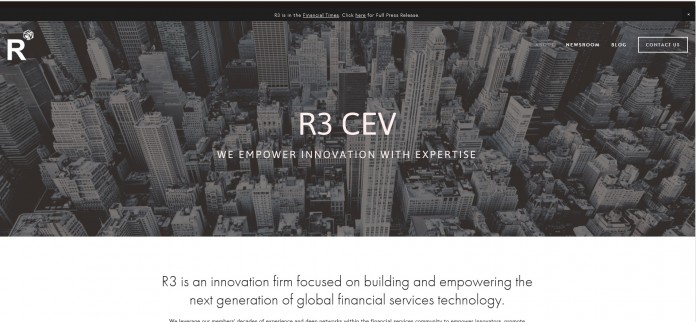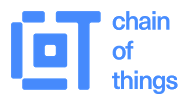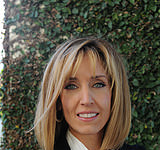R3 Consortium has developed the Corda - a platform which represents a combined effort between banks, insurers, fund managers and other to develop blockchain technology for use in the financial markets. R3 says it hopes its platform will become the industry standard, although its intention is for firms to build products on top of it.
Banks are aiming to take advantage of the increased speed, efficiency and transparency that the technology offers. As a result there is a push to build products using the technology that will generate new revenue, with dozens of patent applications filed for blockchain-based products by Wall Street’s top lenders.
Speaking to Reuters, R3’s chief engineer, James Carlyle said: “We want other banks and other parties to innovate with products that sit on top of the platform, but we don’t want everyone to create their own platform … because we’ll end up with lots of islands that can’t talk to each other. If we have one platform with lots of products on top, then we get something that’s more like the internet, where we still get innovation but we can still communicate with each other.”
At the end of November, Corda’s code will be contributed to the Hyperledger project - a cross-industry project led by the non-profit Linux Foundation to advance blockchain technology by coming up with common standards. Corda - which uses the same technology as bitcoin but restricts access to transaction data and can handle more complex transactions - was developed specifically for the financial world, such as for the processing of securities and derivatives and for payments.
R3’s chief executive, David Rutter, explained: “Blindly investing millions of dollars in small, disparate technology projects is not appropriate for banks at a time when budgets are stretched. The risk of backing the wrong horse could far outweigh the potential gains. Given that the power of this technology lies in its network effect, the consortium model is the ideal method to get it off the drawing board and into the wholesale financial markets.”











